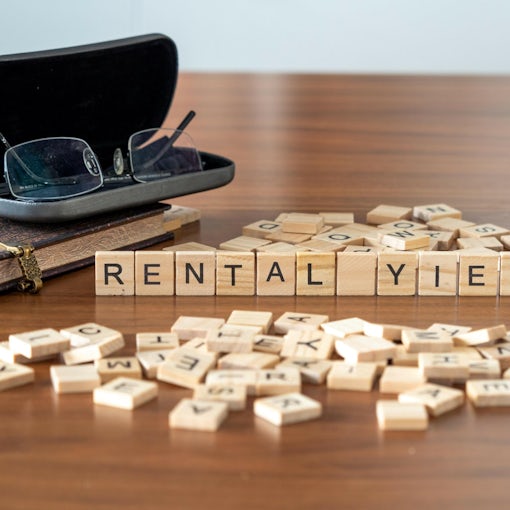The government announced sweeping changes to landlord taxation of buy-to-let properties in the Chancellor’s summer budget which have both surprised and outraged many landlords.
The removal of interest rate relief on mortgages over a sliding scale 4-year period, and also the 10% wear and tear allowance, which many landlords with fully furnished accommodation claim every year, will undoubtedly put some landlords, particularly high rate tax payers and those with large leveraged portfolios, under financial pressure.
The response to this was a petition set-up by London-based landlord Ruhal Uddin, supported by landlords and landlord supporting bodies ‘ to petition government to reverse the planned changes:
Reverse the planned tax relief restriction on ‘individual’ landlords. We operate as sole traders and incur costs in the course of running our business. The planned restriction will unfairly target us by preventing us from offsetting costs in the same manner as other sole traders. We ask that the planned restriction be reconsidered as it has unfair implications.’
The Institute for Fiscal Studies has stated, in response to the Budget:
“Individual landlords are already taxed more heavily than other homeowners. The private rented sector is heavily reliant on individual landlords. The planned change is likely to result in higher rents due to landlords looking to offset higher tax liabilities.£In some cases, employed individuals own buy to let properties as investments for retirement. The planned restriction would adversely and unfairly affect them.”
The Residential Landlords’ Association (RLA) chairman Alan Ward sent a letter to the Chancellor pleading the landlords’ case and he has said:
“The Government continues to peddle the line that letting out residential property is a passive investment, while piling on new regulations and responsibilities like immigration checks, minimum energy efficiency standards and licensing. It is a false comparison. The letting of residential property needs to be recognised as the trading business it is and be allowed to offset legitimate business costs, including mortgage interest.
“Equally bogus is the comparison with homeowners. As the Institute for Fiscal studies has demonstrated, buy-to-let landlords are already taxed more heavily than homeowners. Unlike homeowners, landlords pay income tax on rental profits and capital gains tax when a property is sold. If the Government is going to make these sort of comparisons they should be honest and fair.”
Government data shows that 95%* of all landlords own between 1 and 4 properties.
The Government has added a response to the Government petition page which as of today has received 24,051 signatures. The response reads:
The Government is committed to a fair tax system so is restricting relief on landlord property finance costs to the basic rate of tax, reducing the generosity for wealthier landlords.
The Government is committed to a fair tax system so is restricting tax relief landlords can claim on property finance costs to the basic rate of income tax.
Landlords are currently able to offset their mortgage interest and other finance costs against their property income, reducing their tax liability. This relief is not available for ordinary homebuyers and not available to those investing in other assets such as shares. Currently the landlords with the largest incomes benefit the most, receiving relief at their marginal tax rates of 40% or 45%.
By restricting finance cost relief available to the basic rate of income tax (20%) all finance costs incurred by individual landlords will be treated the same by the tax system. This recognises the benefits to the economy that investment in property can bring but ensures the landlords with the largest incomes will no longer benefit from higher rates of tax relief.
By unifying the treatment of finance costs for all individual landlords, the Government is reducing the distortion between property investment and investment in other assets, and reducing the advantage landlords may have in the property market over ordinary homebuyers.
Less than 1 in 5 (18%) of individual landlords are expected to pay more tax as a result of this measure. Taking account of the other measures from the Summer Budget, the Office of Budget Responsibility (OBR) have not adjusted their forecast for house prices. The OBR expect the impact on the housing market will be small. Furthermore, this change is being introduced gradually from April 2017 over 4 years. This will give landlords time to plan for and adjust to these changes.
HM Treasury
At 100,000 signatures, this petition will be considered for debate in Parliament
You can add your signature to the petition here: https://petition.parliament.uk/petitions/104880/
*Private Landlords’ Survey 2010
Article courtesy of LandlordZONE






